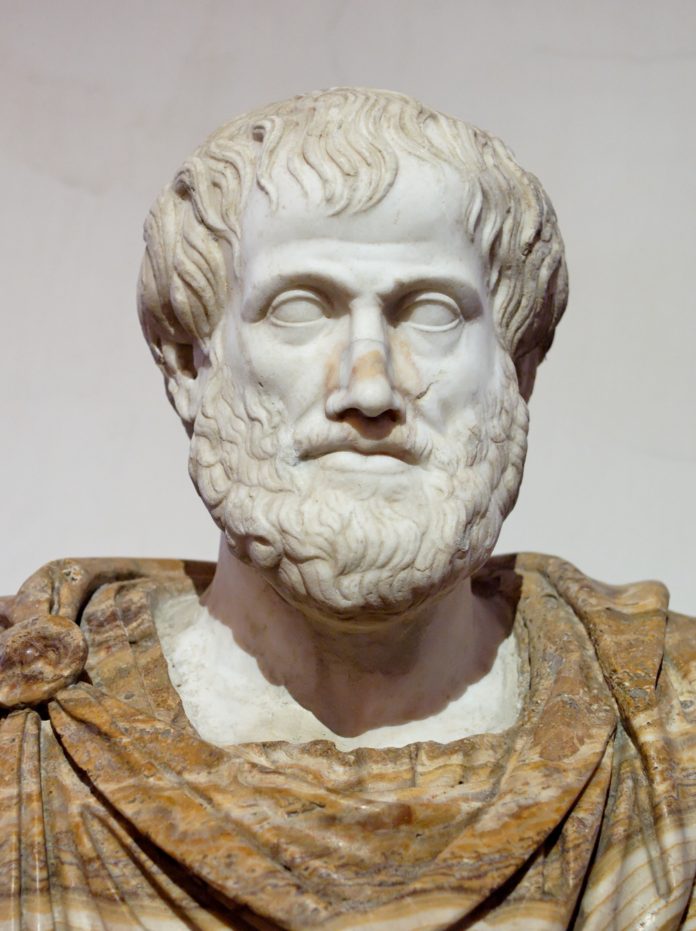Most of the time when someone thinks about making the correct decision, there is some thought about whether it is right or wrong. This idea of right or wrong is shaped by many things in our life such as prior experience or how something makes us feel. Often we think about how our decisions will affect those around us as well.
There is an entire field of philosophy that is focused on trying to create a framework that can make this decision as to what is right or wrong easier. This is what we call ethics.
When the average person thinks of philosophy, they often think of some broad conception of how the world works or should work. While this may make up the majority of philosophical works, the interesting thing about works on ethics is that ethics can be easily applied to your everyday life.
One thing that is problematic when trying to introduce ethics into your everyday life is that oftentimes the most ethical decision will not be the one that provides you with the most immediate pleasure. Something as simple as taking a pen that is left on a desk from the class before yours may not seem to be a very important part of your life, but it can become much more challenging when thinking about it through an ethical lens.
An example of how ethical behavior can help to improve both your life and others’ lives is the story of the Stag Hunt. The Stag Hunt is an example used in game theory where four people are on the hunt for an animal to feed their families. Along their journey, one of the hunters has the opportunity to kill a rabbit, which would be enough to feed his family, but the cost is that without all four hunters, they will not be able to kill the stag, and the other hunters will have to return to their families with nothing.
Ethical behavior has a lot in common with this story. In any scenario, you could choose to act in the way that provides the most immediate benefit to yourself. In the Stag Hunt this would be choosing to kill the rabbit, thus having enough to immediately feed your own family. The problem with this is that by choosing to kill the rabbit, you are causing harm to those who have trusted you by negatively impacting their ability to care for their families.
If you were to choose to continue on with the hunt and go on to kill the Stag, you would eventually obtain the same benefit that you would get from killing the rabbit in that you are able to feed your family. In addition to being able to feed your family, you have also gained the trust of your hunting partners, thus hopefully being able to go on other expeditions and continuing to have a working relationship.
The lesson to take from this is that ethics is not about pleasure in the moment. By only focusing on what is your best interest, it is easy to lose the trust of those around you. While we exist as individuals in society, we have to maneuver through the society in which we exist. Ethical behavior helps us navigate society by making our actions both more predictable and more palatable to those around us. Moving forward, I will look at how different people have thought about ethics as well as how these theories can apply in day-to-day scenarios.
Learning Good is a weekly feature by columnist Will Easley that focuses on ethics and daily life.






Will, my man!